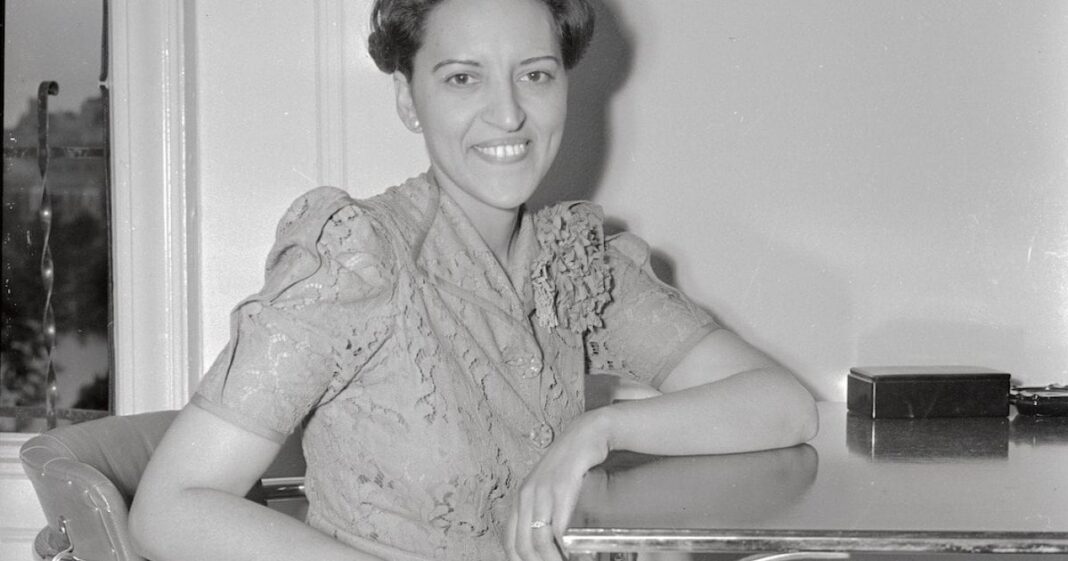Expanding the Narrative: A Rich Tapestry of Black History Beyond the Classroom
For many years, school curricula have limited their scope to the same Black figures throughout history. While lectures on Martin Luther King Jr., Rosa Parks, and Harriet Tubman remain crucial, there is an energetic movement to include underrepresented trailblazers like Lewis Latimer, Marsha P. Johnson, and Max Robinson. Educators and students alike are eager to delve into a broader Black history curriculum that reflects the richness and diversity of Black contributions.
The Challenges of Expanding Curriculum
However, this push faces significant resistance. States such as Florida, Texas, and Oklahoma have proposed or enacted measures limiting race-related language in educational settings. Efforts include bans or restrictions on books by Black authors that explore race, part of a larger wave of censorship associated with critical race theory (CRT). This academic framework, over 40 years old, examines systemic racism’s enduring impact on laws and society, asserting that racism is a social construct reinforced by existing power structures.
Since 2020, over 780 anti-CRT measures have been introduced at various governmental levels, leading to 18 states banning or restricting its teaching. In 2023, Florida’s education department rejected the College Board’s AP African American Studies course, citing a lack of educational value—a move widely criticized by scholars and educators. Despite these challenges, many educators and communities are finding creative avenues to honor the broader scope of African American history, recognizing that Black history is an integral part of American history.
Notable Figures in Black History
Some forgotten names are now being highlighted as part of a more inclusive history. Stacker recently featured 19 groundbreaking Black historical figures whose contributions might otherwise remain unnoticed. Below are a few essential figures who shaped society in profound ways.
Jesse Owens
Known as “The Buckeye Bullet,” Jesse Owens began his track career in high school, setting records in long jump, the 100-yard dash, and high jump. He achieved international fame in the 1936 Berlin Olympic Games, winning four gold medals. His success, however, was marred by racial prejudice, as he was not honored in the U.S. upon his return home.
Eunice Carter
As the first Black woman to serve as a prosecutor in Manhattan, Eunice Carter played a pivotal role in prosecuting organized crime. In 1935, she connected a mafia boss to a prostitution operation, marking a significant victory in her career. She continued to champion social justice throughout her life, influencing legal practices and advocating for women’s rights.
Mae Jemison
In 1992, Mae Jemison became the first Black American woman to travel to space aboard the Space Shuttle Endeavour. Before her groundbreaking journey, she earned her medical degree and worked with the Peace Corps in Africa, demonstrating a commitment to science, healthcare, and education. Post-NASA, she established her own company focused on advanced technologies for developing countries.
Marie Maynard Daly
Marie Maynard Daly was the first Black American woman to earn a Ph.D. in chemistry in the U.S. Her research on cholesterol and its link to heart disease paved the way for subsequent health studies and initiatives. Additionally, Daly advocated for greater inclusion of Black students in the sciences and helped shape future generations of scientists.
Dorothy Height
A profound figure in both civil rights and women’s rights, Dorothy Height worked to improve opportunities for Black women and oversaw efforts to desegregate the YMCA in the 1940s. Her role as president of the National Council of Negro Women for 40 years solidified her influence in the Civil Rights Movement.
Gordon Parks
As a multi-talented photojournalist, Gordon Parks documented poverty and civil rights struggles from the 1940s through the 2000s. He became the first Black staff photographer at Life magazine and later directed films, breaking barriers in an industry long dominated by white individuals.
Bessie Coleman
Bessie Coleman broke barriers as the first Black American woman to secure a pilot’s license. In the face of racial discrimination, she pursued her dreams in France, performed in air shows, and became a beacon of inspiration for future generations of aviators.
Bayard Rustin
Known for organizing the 1963 March on Washington, Bayard Rustin was a pivotal figure in civil rights activism. His commitment to nonviolent protest and his open identity as a gay man make his story particularly significant in discussions of intersectionality within movements for social justice.
Sadie Tanner Mossell Alexander
As the first Black woman to practice law in Pennsylvania, Sadie Tanner Mossell Alexander broke ground in the legal field. She also served on several governmental committees, influencing human rights policies across the nation and inspiring future generations of marginalized lawyers.
This rich tapestry of Black history showcases the breadth and depth of contributions made by individuals whose stories are often overshadowed. As we expand the discussion surrounding Black history, we not only honor those who paved the way but also empower present and future generations to forge their paths in a more inclusive society.



